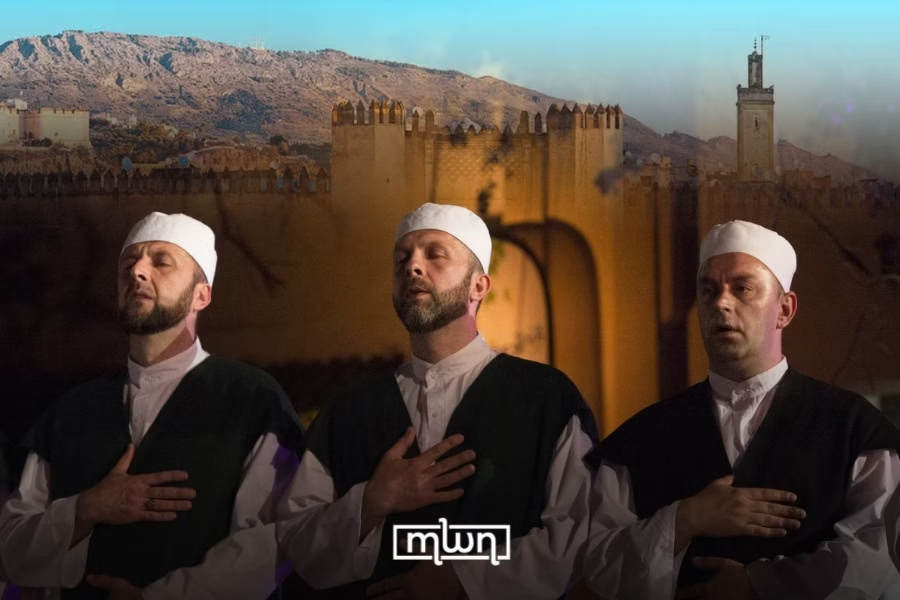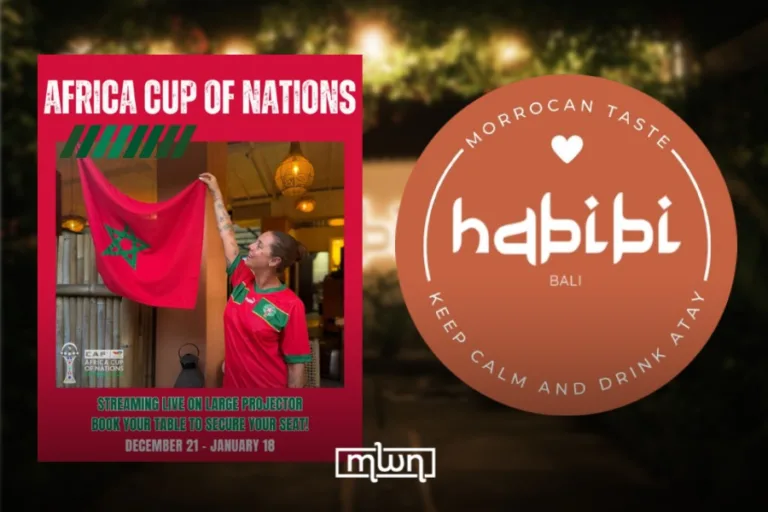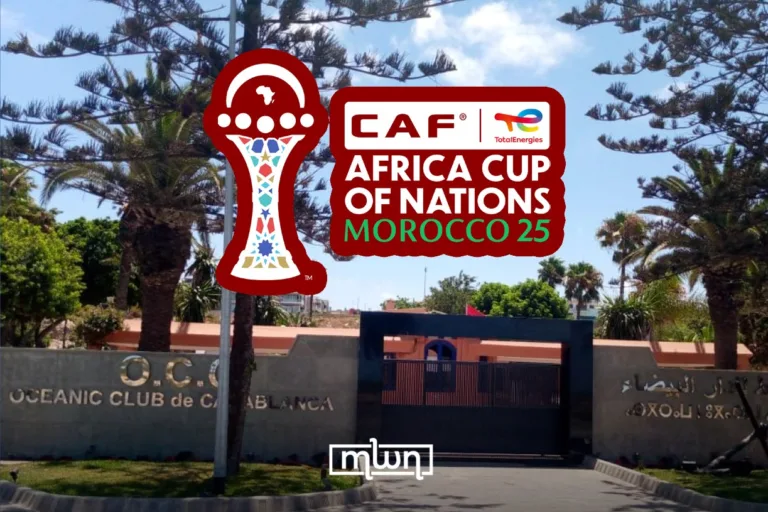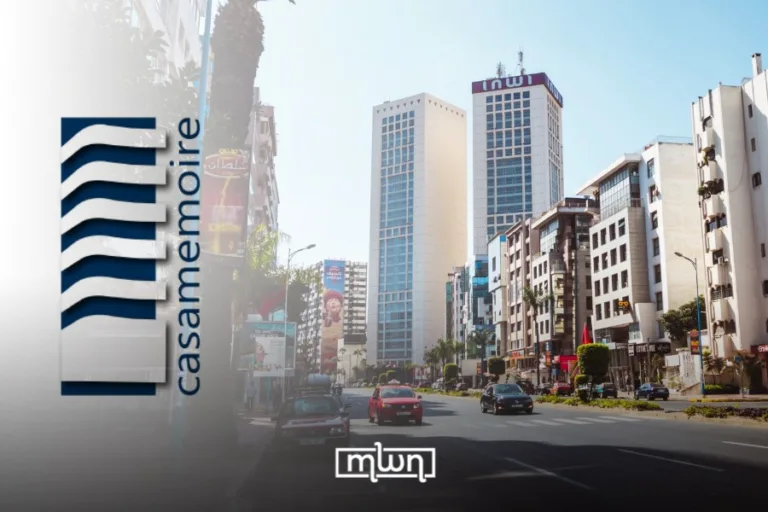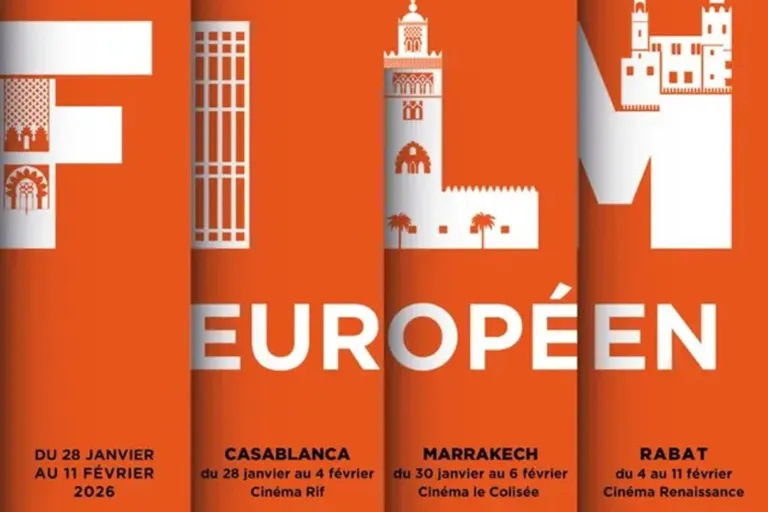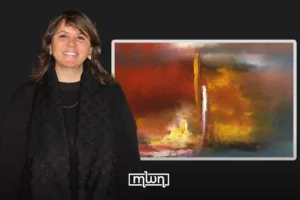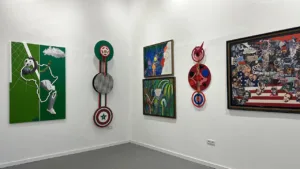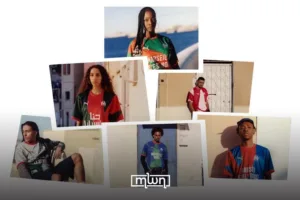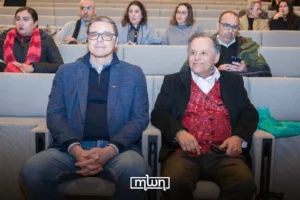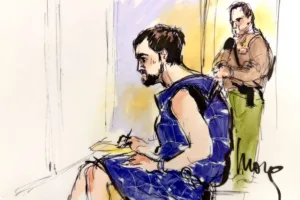Fez — Morocco will host the 5th edition of the World Sufism Congress on August 12–13, under the theme “The Sufi Path: Human Development & Homeland Protection.”
Organized by the International Academic Center of Sufi and Aesthetic Studies (IACSAS,) the event will take place in Fez, a city long revered as a cradle of Sufi heritage and Islamic scholarship.
Sufism remains a cornerstone of Moroccan religious identity, blending Maliki jurisprudence, Ash’ari theology, and the moral teachings of Junayd.
Endorsed by successive Alaouite monarchs and supported under the leadership of King Mohammed VI, Moroccan Sufism emphasizes ethical practice, societal unity, and the spiritual education of the soul.
“The science of Sufism is capable of reconciling reform and edification. It renews the call for virtuous behavior and offers humanity a path aboard a universal ark of salvation,” explained Aziz El Kobaiti Idrissi Al Hassani, president of IACSAS.
This year’s congress aims to address contemporary challenges through a renewed focus on soul purification (tazkiya), promoting peace, moderation, and inner transformation.
This year’s theme is “Human Development & Homeland Protection.” El Kobaiti Idrissi emphasized the role of Sufi science in driving reform and progress.
He highlighted its vital educational and civilizational contributions in healing the fractures within today’s generation and shaping future ones — empowering them with knowledge, experience, and a well-rounded education that nurtures both character and spiritual integrity.
This theme is based on the commitment of Sufi masters, who have always been the most dedicated to achieving this divine edification by focusing on the purification approach (Tazkiya.)
This aims to reconstruct man internally, so that he becomes an adequate receptacle for divine knowledge and a means to once again enjoy divine creation and its magnificence.
According to El Kobaiti Idrissi, the congress emphasizes that “humanity has come to destroy itself, its homeland, and its environment. Therefore, we urgently need the science of Sufism to support reform and construction.”
“Sufism offers the means to heal both the soul and society. It is an educational and civilizational path capable of preparing future generations grounded in faith, character, and purpose.”
A distinguished global roster of scholars
Notable figures attending the event include scholars and spiritual leaders from Morocco, Nigeria, Egypt, Turkey, the United States, and beyond.
Among the Moroccan delegation are Hakima El Hajar and Abdellah Boussouf.
The African contingent includes Sheikh Qaribullah Al-Qadiri (Nigeria,) Abd Al-Rahman Abd Al-Hakim (Nigeria,) Abd Al-Hadi Ahmed Abd Al-Karim (Chad,) Nour Al-Din Aman (Ethiopia,) Mohamed Alf Sissay (Senegal,) Ammar Mirghani Hussein Mohamed (Sudan,) Sheikh Mohamed Chehoumi (Libya,) and Mohamed Helmy Abdel Wahab (Egypt.)
From the Middle East and Asia, attendees include Sheikh Aoun Mouin Al-Qadoumi (Jordan,) Sheikh Riad Bazou (Lebanon,) Sheikh Mohamed Al-Maghrebi (Lebanon,) Farida Ben Zayed Boutamjet (Oman,) Molla Younes Emre Aydın (Turkey,) and Sheikh Mohamed Mutiullah Al-Nahrakarizi (Pakistan.)
Representing the West are Sheikh Ahmed Al-Dabbagh (UK,) Sheikh Aziz Abidin (US.) Guests from Iraq, Bangladesh, and Indonesia will also be present.
Sufi ethics as a framework for nation-building
Discussions will center on how Sufi ethics can inform national development and counter extremism, offering spiritual tools to build inclusive, resilient societies.
“Moroccan Sufism is, first and foremost, a Sufism of ethics, not merely of illumination. It extends to practical and behavioral dimensions, embracing diversity and rejecting fanaticism,” stated El Kobaiti Idrissi.
He further emphasized Moroccan Sufism’s appeal to international audiences: “We do not hate any human being for their humanity.Many foreigners now turn to Moroccan zawiyas seeking knowledge and spiritual enrichment.”
IACSAS and the role of sufi scholarship in global dialogue
IACSAS, based in Fez, plays a pivotal role in this endeavor. Through academic seminars, spiritual retreats, and global collaborations, the center nurtures a Sufi discourse that transcends borders.
It advocates for a peaceful, holistic Islam that embraces interfaith dialogue and ethical leadership. “This unity has always ensured Morocco’s peace, harmony, and identity,” said El Kobaiti Idrissi.
“We aim to unify Sufi efforts in the service of humanity and society.”
As Fez prepares to welcome global attendees, the congress reaffirms Morocco’s commitment to Sufi values and its ambition to shape a spiritually enriched, ethically grounded future on the world stage.
Read also: A Soundtrack of Identit: Moroccan Traditional Music

